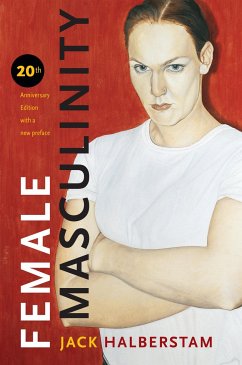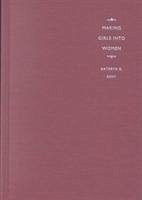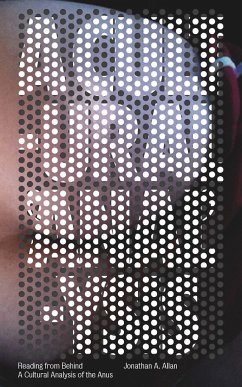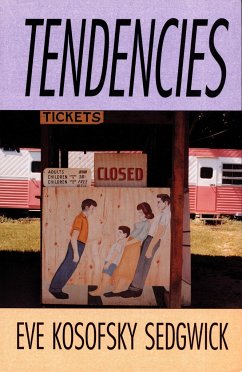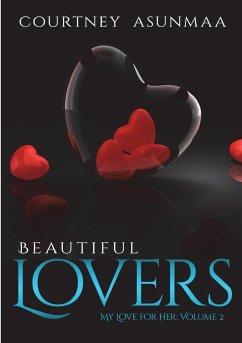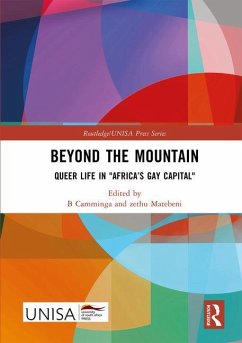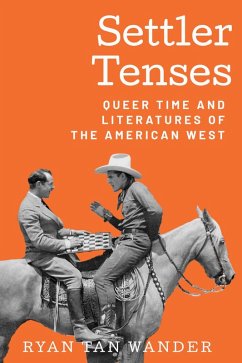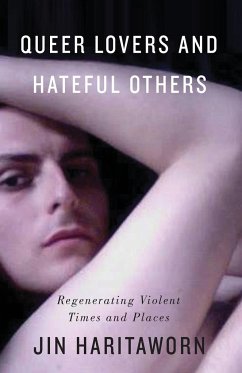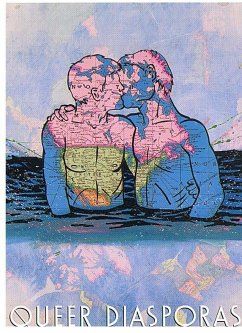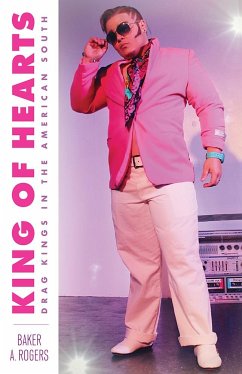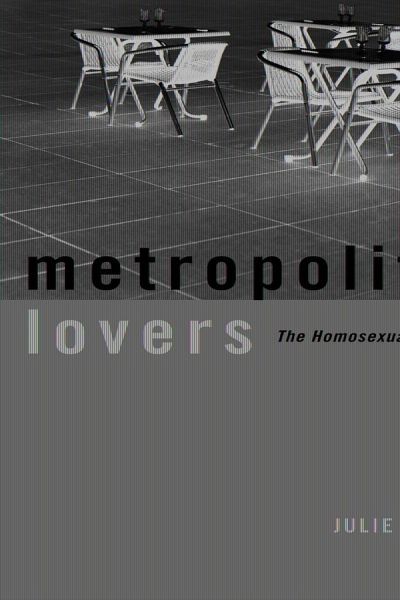
Metropolitan Lovers
The Homosexuality of Cities
Versandkostenfrei!
Versandfertig in über 4 Wochen
22,99 €
inkl. MwSt.

PAYBACK Punkte
11 °P sammeln!
How gay became synonymous with urban—and why it matters for both From the destruction of Sodom to the selling of Gay Street and from Tales of the City to The L Word, urban life and homosexuality have been made inseparable in Western culture. In this sweeping work, Julie Abraham investigates the evolution of this symbiotic relationship over the past two centuries, tracing how homosexuals have simultaneously become model citizens of the modern city and avatars of the urban. Exploring the lives of prominent gay men and women, literary depictions of gay city life, classic works of urban theory, ...
How gay became synonymous with urban—and why it matters for both From the destruction of Sodom to the selling of Gay Street and from Tales of the City to The L Word, urban life and homosexuality have been made inseparable in Western culture. In this sweeping work, Julie Abraham investigates the evolution of this symbiotic relationship over the past two centuries, tracing how homosexuals have simultaneously become model citizens of the modern city and avatars of the urban. Exploring the lives of prominent gay men and women, literary depictions of gay city life, classic works of urban theory, and the rhetoric of political reformers, Abraham challenges conventional thinking about what it means to be metropolitan and what it means to be queer. She provocatively juxtaposes works from writers such as Balzac and Baudelaire, Henry James and James Baldwin, Walter Benjamin and Jane Jacobs to redefine such familiar urban types as the flaneur, the prostitute, and the drag queen. From Paris, London, and Manchester, to Los Angeles, Chicago, New York, and San Francisco, Abraham deftly maps the connections, the exchanges of meaning, and the transfers of value that inform ideas of homosexuality and the city, ideas that have shaped modern life. Bringing this history to bear on the present, she argues against the commodification of gay urbanites as contemporary signs of city life. While the city and homosexuality have long been associated, Abraham analyzes their convergence with unprecedented insight. In the process, she shows us how the urban and homosexuality have been intertwined and the inescapable consequences—both positive and negative—of this union.



